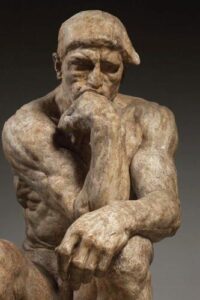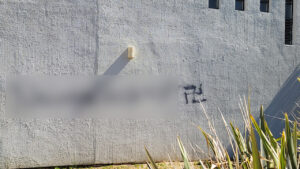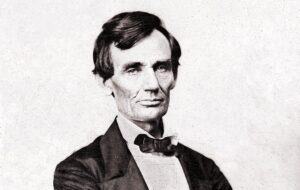Connecting the Dots:
Things I’ve Been Thinking About Lately

This is a new column that I’ll be including once every week or two. As you can see below, it’s going to be a listicle of things that have been on my mind. Thoughts I find myself coming back to repeatedly. Ideas I’d like to write about, but, for the moment, don’t have the time to dig into and/or expand into a proper essay. So, rather than add them to my ever-expanding “to do” list, I’m going to mention them briefly and solicit your help in turning these ideas into essays by asking you to send me, if you have them, your thoughts or questions about them.
Freedom and Equality. I am beginning to see every significant political, social, and economic conflict today as a contest between two core values: freedom and equality. This includes disagreements about such otherwise unconnected controversies as racism and CRT, sexism and the pay gap, trans rights vs. transphobia, and socialism vs. capitalism. To name just a few. Think about any current issue. For example, the expanding gap, even in developed countries, between the rich and the poor. It can’t be fully understood unless examined through this perspective. Try it and let me know if you agree.
Sam Bankman-Fried. I’ve not had any special interest in this story. Scammers abound in the financial world. So, I’ve always been perfectly willing to believe that this fat-faced kid was a sleezy, unscrupulous dirtbag. But when I read about the verdict – that he was convicted of seven counts of wire fraud, securities fraud, and money laundering, and was facing 110 years in jail – it gave me pause. I know from experience that these three “crimes” are not, in and of themselves, descriptions of actual criminal behavior. Like RICO, they are only crimes when they are attached to actual crimes. I can’t prove this now, but I’m pretty sure they are technicalities that were invented by lawmakers years ago to put bad guys – mobsters and drug dealers – in jail for crimes the Feds could not prove. Do you see what I’m getting at?
Culture Is Everything. This is a big theme for me. I’ve wanted to write a book about it for at least 10 years. If you are a regular reader, you know that I’ve touched on it in past books and essays. But I don’t know that I’ve ever stated it clearly as a thesis. The idea is that culture – not wealth, or nationality, or race, or ethnicity, or religion – is what unites and, more importantly, divides us all. Like the conflict between freedom and equality, it lies beneath so many social and political conflicts – from war and peace, to wealth and poverty, to the most notable examples of human achievement and failure. Also like the freedom/equality conflict, unless you understand how deeply cultural ideas and values permeate everything we think, say, and do, it’s impossible to make sense of the world. It’s going to be a challenge to develop this idea, but I’m very motivated to work on it. Because so far at least, I can’t think of anything important happening in the world today (or in history) that doesn’t have culture at its foundation. I’m going to push forward on this idea. If you like what I’m doing, you can help me flesh it out with examples from your own experience and observations.
How to Understand Modern Art. Learning about art used to be like learning about any academic subject. You read books written by people who had read earlier books written by earlier people who had ideas about it. Most of those ideas had to do with how one school or style of art was developed and then went on to influence another school or style. Essentially, art appreciation was art history. And that worked well until the late 19th century, because virtually all art produced until then was representational. But when some artists started experimenting with expressionism and abstraction and eventually “found objects” and performance, it changed everything. Art became both incomprehensible and inexplicable, which could have ended it. But thanks to some very clever intellectuals, art, like physics, was reinvented for the modern world.


